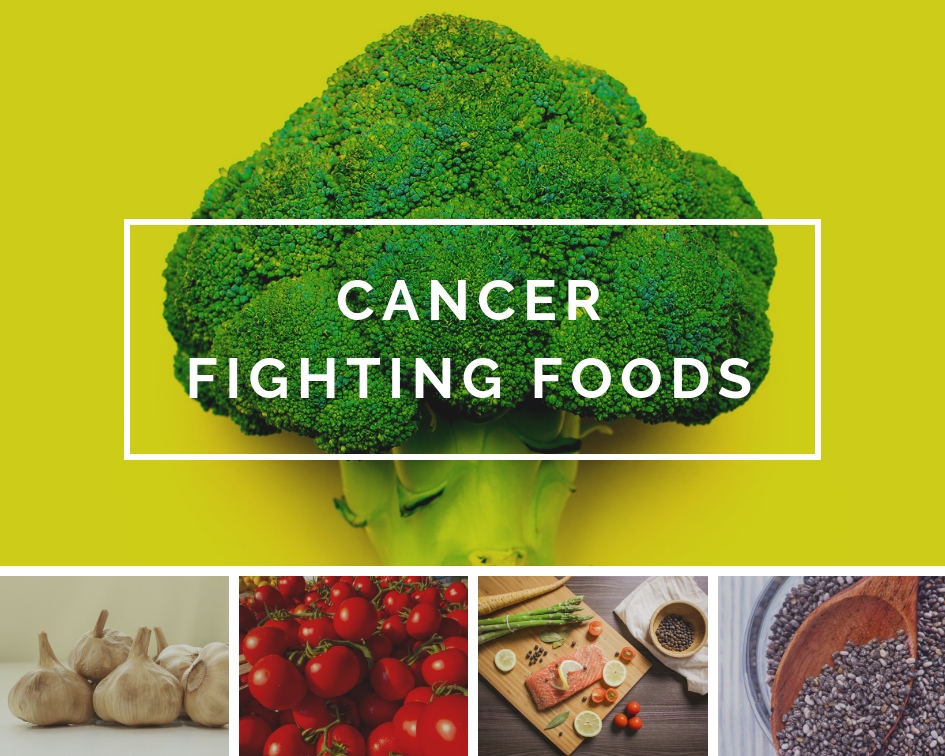In honor of cancer awareness month, we wanted to share the top dietary recommendations to reduce your risk of cancer. The World Health Organization recommend 7-9 servings of plant-based foods (fruits, vegetables, roots, tubers, and legumes) per day to reduce the risk of cancer and other noncommunicable diseases. All plant-based foods have an array of vitamins, minerals, antioxidants, and phytonutrients which boost the immune system and help us fight off all kinds of illnesses.
You may have heard of vitamins and minerals before, but maybe you haven’t heard of antioxidants or phytonutrients. Antioxidants clean up and neutralize free radicals in the body. Free radicals are unstable molecules that can cause damage to just about any tissue in the body including cellular DNA. Phytonutrients are often linked to the color of the plant and serve as part of the plant’s natural defense system. These nutrients are tied to a vast array of health benefits when consumed as part of a healthy diet.
All plant related food includes cancer-fighting and immune boosting properties. However, some varieties have more research than others when it comes to preventing cancer.
Here are a few important foods that you should pay particular attention to including your diet as much as possible.
- Omega 3 Rich Foods such as fatty fish, flax, walnuts, and chia seeds. Omega 3 fatty acids help chronic inflammation in the body which is thought to be the root of many chronic diseases, including some types of cancer.
- Lycopene-rich foods such as ripe tomatoes. Lycopene is a potent phytonutrient found predominately in red color produce, especially tomatoes. Research has established a link between increased consumption of lycopene and reduced risk of heart disease, prostate cancer, breast cancer, and pancreatic cancer.
- Raw, fresh garlic. The compound diallyl disulfide found in garlic is considered a tumor inhibitor, which means it can slow or stop the growth of tumors (at least in the lab).
- Cruciferous vegetables such as broccoli, kale, cauliflower, collard greens, cabbage, and Brussels sprouts. They contain unique cancer-fighting nutrients that have been well researched. Indole-3-Carbinol may be useful in helping protect the body from hormone-related cancers by helping it get rid of excess hormones and hormone metabolites. Isothiocyanates have also been researched for their anti-carcinogenic potential.
When it comes to your diet, the first step in preventing cancer is to make sure that you eat enough plant-based foods overall. The second step is to include as much of these specific foods as possible on a weekly or daily basis. If you have specific questions regarding diet or concerns, we recommend speaking to a doctor.
